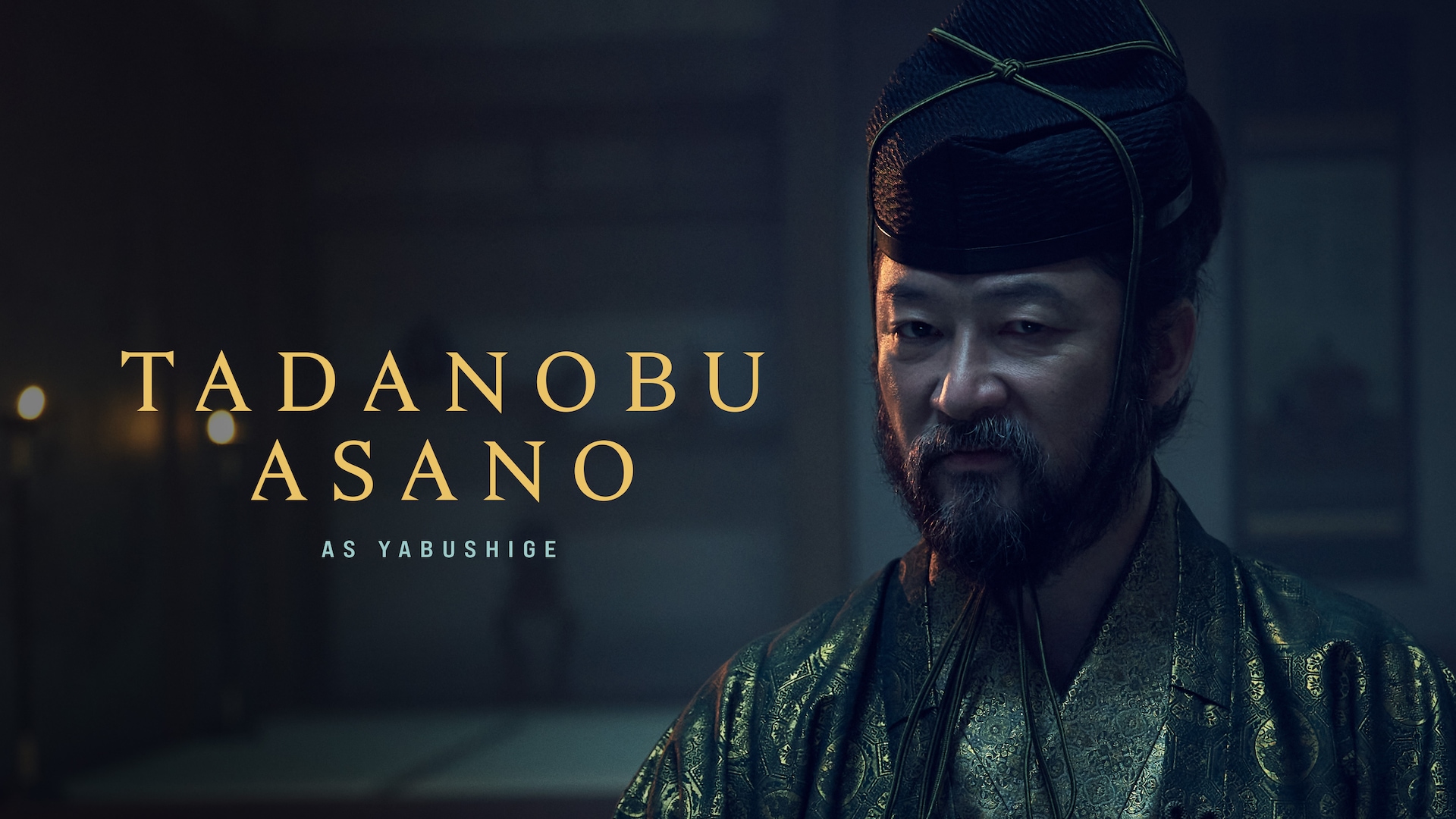
Golden Globe Winner Tadanobu Asano: "Hollywood, Meet Japan's Rising Star After Triumphant Debut"
Introduction
At the 80th Golden Globe Awards, Tadanobu Asano made history as the first Japanese actor to win a Golden Globe. For his remarkable portrayal of his character in the Apple TV+ series Pachinko, Asano's victory marked a significant milestone in Asian representation on the global stage. This win not only recognizes Asano's exceptional talent but also sparks a dialogue about the complexities of the entertainment industry and the challenges faced by international artists.
Emerging from the Shadows of Stereotypes
In Hollywood, Asian actors have often been confined to stereotypical roles that perpetuate harmful narratives. However, Asano's win marks a shift toward greater inclusivity and authenticity. His compelling performance in Pachinko challenges the notion that Asian actors can only play a limited range of characters. Asano's nuanced portrayal of a complex and flawed individual humanizes the experiences of Asian immigrants, fostering empathy and understanding among audiences.
Enhancing Global Perspectives
Asano's triumph not only benefits the Asian community but also enriches the entertainment landscape as a whole. His presence on the world stage introduces new perspectives and narratives that broaden the scope of stories told in mainstream media. By casting Asano in a lead role, Pachinko has created a platform for a global audience to connect with the experiences of Koreans living in Japan, offering a glimpse into a culture often underrepresented in Western entertainment.
Championing Diversity and Inclusion
The Golden Globe win reflects a growing recognition within the entertainment industry of the importance of diversity and inclusion. Asano's success serves as a powerful reminder that audiences crave authentic and relatable stories that reflect the diversity of the human experience. By embracing actors from diverse backgrounds and casting them in roles that defy stereotypes, the industry can foster a more representative and inclusive space for all.
Challenges Remain
While Asano's win is a positive step, it's important to acknowledge the challenges that still exist for international artists in Hollywood. Stereotypes and biases persist, and many talented actors from around the world struggle to gain the same level of recognition as their Western counterparts. As the industry continues to evolve, it must strive to create a level playing field where all actors, regardless of their background, have equal opportunities to succeed.
Cultural Sensitivity and Nuance
As the entertainment industry embraces greater diversity, it's crucial to approach cultural representation with sensitivity and nuance. Avoiding tokenism and creating authentic portrayals that respect the cultural complexities of different communities is essential. Listening to the voices of underrepresented groups, collaborating with cultural consultants, and ensuring that stories are told by those who have lived experiences can help foster a more genuine and inclusive storytelling environment.
Conclusion
Tadanobu Asano's Golden Globe win is a resounding affirmation of his extraordinary talent and a testament to the transformative power of representation. His victory not only celebrates his individual achievement but also unveils a broader shift towards greater inclusivity and authenticity in Hollywood. As the industry continues to evolve, Asano's triumph serves as a beacon of hope, encouraging the recognition of diverse voices and the elevation of stories that resonate with audiences across cultures.
While challenges remain, Asano's win marks a significant step forward in creating a more inclusive and representative entertainment landscape. By embracing diversity, confronting stereotypes, and promoting authentic cultural representation, the industry can unlock a world of untold stories and connect with audiences on a deeper, more meaningful level.